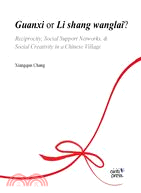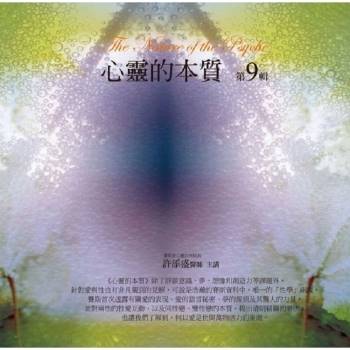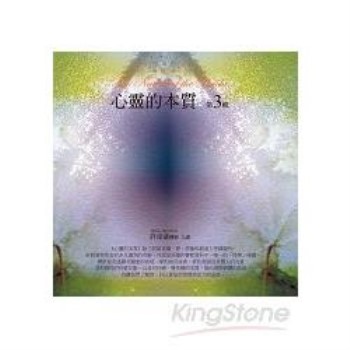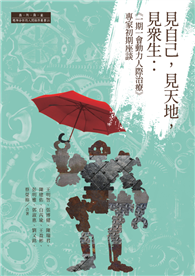Li shang wanglai is a phrase that combines practice and principle. It is what others have discussed as Confucianism. But it is the summation of what is practised in daily life and without the leadership of an elite intelligentsia. With this phrase the author has brought together what had been separately discussed: the social philosophy of bao (asymmetrical reciprocity), the central importance of mianzi and lian (face), the moral economy of renqing (human relationships of fellow-feeling), the art of making guanxiwang (social networks), and much else. She shows how they work together in what might be called a discursive constellation. Using sociological and anthropological theorisations of reciprocal relations in China and Japan, she creates a framework of four dimensions, namely, principled rational calculation, human-feeling, moral, and religious, and four kinds of relationships, namely, instrumental, expressive, negative and generous.
作者簡介
Dr Xiangqun Chang is a Visiting Fellow in the Department of Anthropology and coordinator of the China in Comparative Perspective Network (CCPN). She is also special-term professor at the Centre for Social and Cultural Anthropology, Fudan University, and visiting professor at the School of Humanities and Law, Northeastern University. Before coming to the UK, as a university lecturer in sociology, she was extensively published (amounting to one million Chinese characters). Since working and studing in the UK she has developed extensive skills in both quantitative and qualitative analysis and applied them to many projects. Based on a thorough and detailed ethnography of a Chinese village with longitudinal comparisons, she has been developing a general analytical concept -- lishang-wanglai (禮尚─往來) -- a Chinese model of reciprocity, relatedness and social networks. Currently she is testing the lishang-wanglai model in the area of Chinese entrepreneur relationships inside and outside China with both inter-disciplinary and comparative approaches.









![114年企業內部控制基本能力測驗(重點統整+歷年試題)[金融證照] 114年企業內部控制基本能力測驗(重點統整+歷年試題)[金融證照]](https://media.taaze.tw/showLargeImage.html?sc=14100120897)

